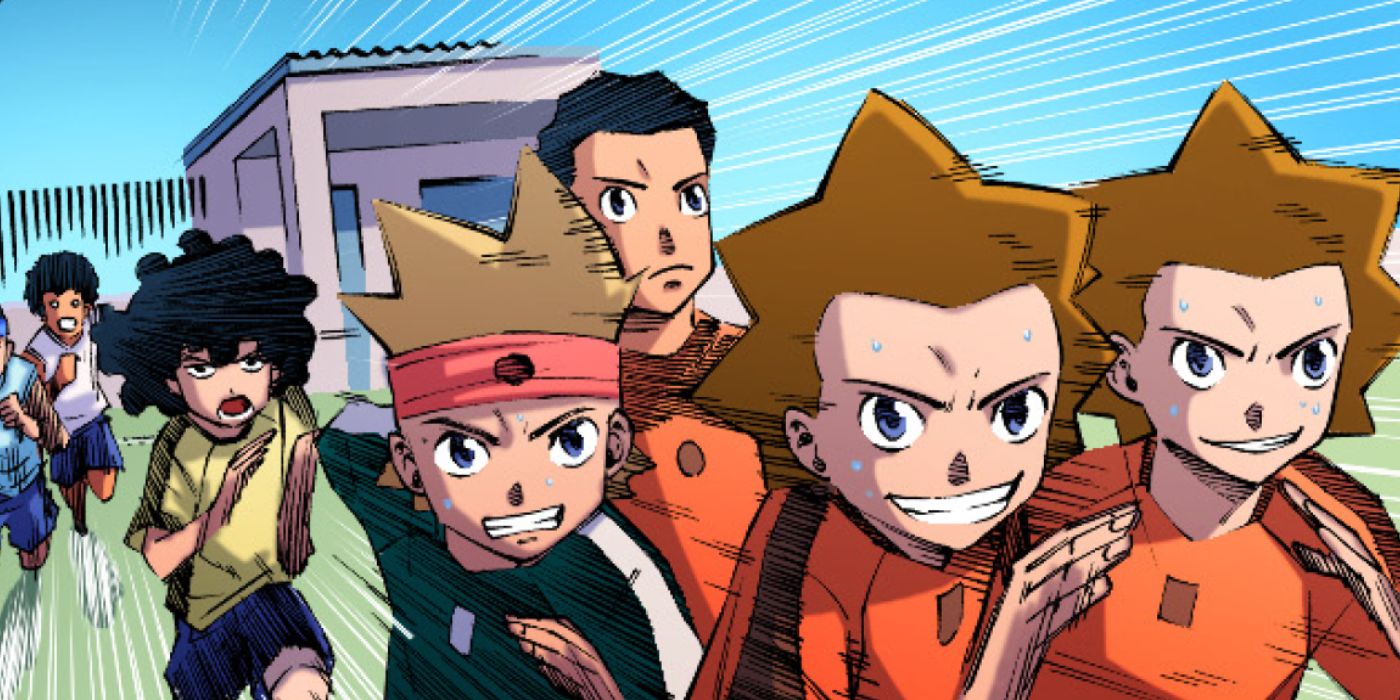Using fiction to explore social dynamics allows storytellers to illuminate the invisible threads that connect and separate us. Through narrative, authors and artists can dissect the unspoken rules of belonging, the quiet tensions of difference, and the moments of solidarity that redefine relationships. Whether in literature, cinema, or graphic formats like webtoons, fiction becomes a safe space to observe how individuals interact within families, teams, or entire societies, offering insights that factual analysis often misses.
Fiction has always been more than a distraction. It is a vessel, fragile yet powerful, carrying fragments of our humanity from one reader to another. At its finest, fiction does not merely mirror life; it refracts it, coloring our understanding of society, relationships, and identity with hues we might not have noticed in the glare of reality. When it touches the world of team sports, the storytelling canvas expands, revealing the intricacies of group dynamics and the deep, sometimes painful, search for belonging.
Using Fiction to Explore Social Dynamics in Team Sports
Stories allow us to borrow eyes, to slip into someone else’s shoes and heartbeat. In these imaginative realms, we watch characters stumble and rise, clash and reconcile, lose themselves and, sometimes, find home in the company of others. Especially in narratives shaped around teams, we discover how the need to connect isn’t just a subplot; it is the story.
What drives this yearning for belonging in fiction is not fantasy but truth. Every reader, in some corner of their life, has longed to be seen, to be accepted, to fit. Fiction, by embodying this ache in characters whose worlds may be wildly different from our own, makes the foreign feel familiar. In doing so, it teaches us that we are not as isolated as we fear.
Why Using Fiction to Explore Social Dynamics Resonates with Readers
Among the many stories that explore this terrain, Z United stands out. Not because it tells the tale of champions, but because it doesn’t. The webtoon unfolds on a football field, yet what’s being played out is far more intimate than any match. Here, the game is not the prize; it is the crucible. Each character arrives burdened, by pride, by trauma, by the invisible walls of difference. And in the demanding rhythm of play, something begins to shift. Sacha defies expectations in a space not built for her. Majid wrestles with the armor of pride, while Hugo, lost in his silence, learns to trust the very people he once avoided.
Their transformations aren’t shouted from rooftops. They emerge in silences: in the moment one character passes the ball to another despite yesterday’s fight; in a glance exchanged after a mistake that’s met not with blame, but with cover. These are gestures no referee scores, yet they count more than goals.
In Z United, fiction carefully lays bare the unspoken languages of trust, how respect is often built not through declarations, but through quiet acts of solidarity. The field becomes a language unto itself, where misfits, loners, and fighters begin to hear each other.
Z United: A Story of Belonging Beyond the Scoreboard
What’s remarkable is how this fictional universe, as specific as it is, reaches beyond its borders. The story touches real fractures: gender divides, cultural pride, social class, and exclusion, without preaching or resolving them through fantasy. It refuses the easy path of rescuing its characters. Instead, it allows them to stumble toward each other, to grow in the messiness of shared goals and mutual reliance. Fiction, here, does not offer perfection; it offers participation.
And that is its most honest gift. These characters don’t emerge victorious because they’ve changed the world. They emerge seen because they’ve changed each other. The reader, watching them move from isolation to belonging, feels their own breath catch, because somewhere in those panels, in those dialogues, is a flicker of their own story.
It is this resonance that makes fiction more than a form of entertainment. It becomes a conversation. A bridge. A quiet revolution. Through it, young readers especially, navigating their own shifting identities and social circles, can find both mirror and map. They see characters wrestling with the very questions they carry: Where do I fit? Who sees me? What do I have to offer?
Fiction, at its heart, does not impose answers. It invites questions. And when those questions are wrapped in the tension of a missed goal, the courage of a risky pass, or the silence after a hard-fought draw, they linger longer. They make us think, not just about the characters, but about ourselves.
And so fiction becomes a meeting place, a field where everyone, regardless of their starting point, is invited to play. Not everyone will score. Not everyone will be applauded. But everyone, if the story is honest, will have a chance to belong.
This is precisely what Z United offers: a compelling case study in using fiction to explore social dynamics. Through its diverse characters and emotionally charged team environment, the webtoon transforms a football pitch into a microcosm of society, where differences become dialogue and solitude finds connection. It doesn’t just reflect reality; it gently reshapes how we view our place within it.
By witnessing these fictional players navigate loyalty, pride, trust, and exclusion, readers are reminded that belonging is not gifted: it’s built, often in silence, often through struggle. And that’s the quiet, lasting power of fiction: it helps us feel seen, by showing how others learn to see each other.

